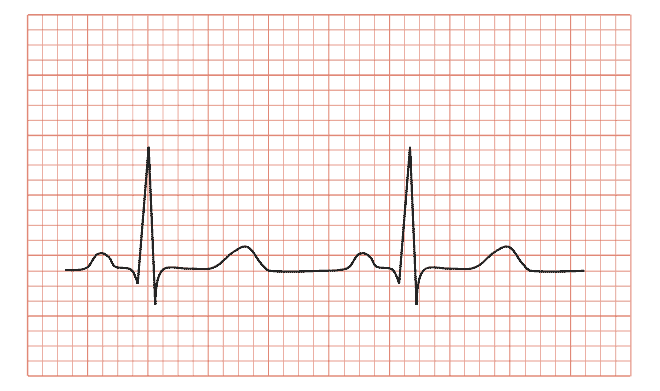Electrocardiographic (ECG) monitoring is one of the most common technologies used in acute care and nurses, in particular, bear significant responsibility for the care of patients receiving this monitoring. A new study suggests that quality of care and patient outcomes improve significantly when nurses are exposed to online ECG monitoring education.
The 6-year PULSE (Practical Use of the Latest Standards of Electrocardiography) Trial tested the effect of implementing the 2004 American Heart Association practice standards on nurses’ knowledge of ECG monitoring, quality of care related to ECG monitoring and patient outcomes.
The investigators measured the effects of the ECG intervention in 15 month intervals and found that integrating the AHA practice standards into the nurses’ continuing education significantly improved nurses’ knowledge and most measures of quality of care and was associated with a decrease in the incidence of in-hospital myocardial infarction.
The improvement in nurses’ knowledge, however, was not sustained 15 months after the intervention as improvements to quality of care and the decrease in occurrences of in-hospital MI were, the latter outcomes likely the result of a change in overall unit culture.
“In the PULSE Trial we showed the effectiveness of our intervention in real-world clinical practice in hospitals across the country and in Canada and China,” said Marjorie Funk the Yale School of Nursing professor who led the study.
Nurses and patients in 65 cardiac units in 17 hospitals participated in this randomized clinical trial, the first study to address the significant role nurses play in managing ECG monitoring and implementing the AHA practice standards.
The two-part intervention consisted of an interactive online ECG monitoring education program and strategies to implement and sustain change in practice, led by “nurse champions” on each unit. The unit champions reinforced what the nurses learned in the education program, promoted strategies to implement the education and ensured that what was learned penetrated over all shifts and all days.
Nurses’ knowledge was then measured by a 20-item online test, quality of care related to ECG monitoring by on-site observation, and patient outcomes (mortality, in-hospital myocardial infarction, and not surviving a cardiac arrest) by review of administrative, laboratory, and medical record data.


